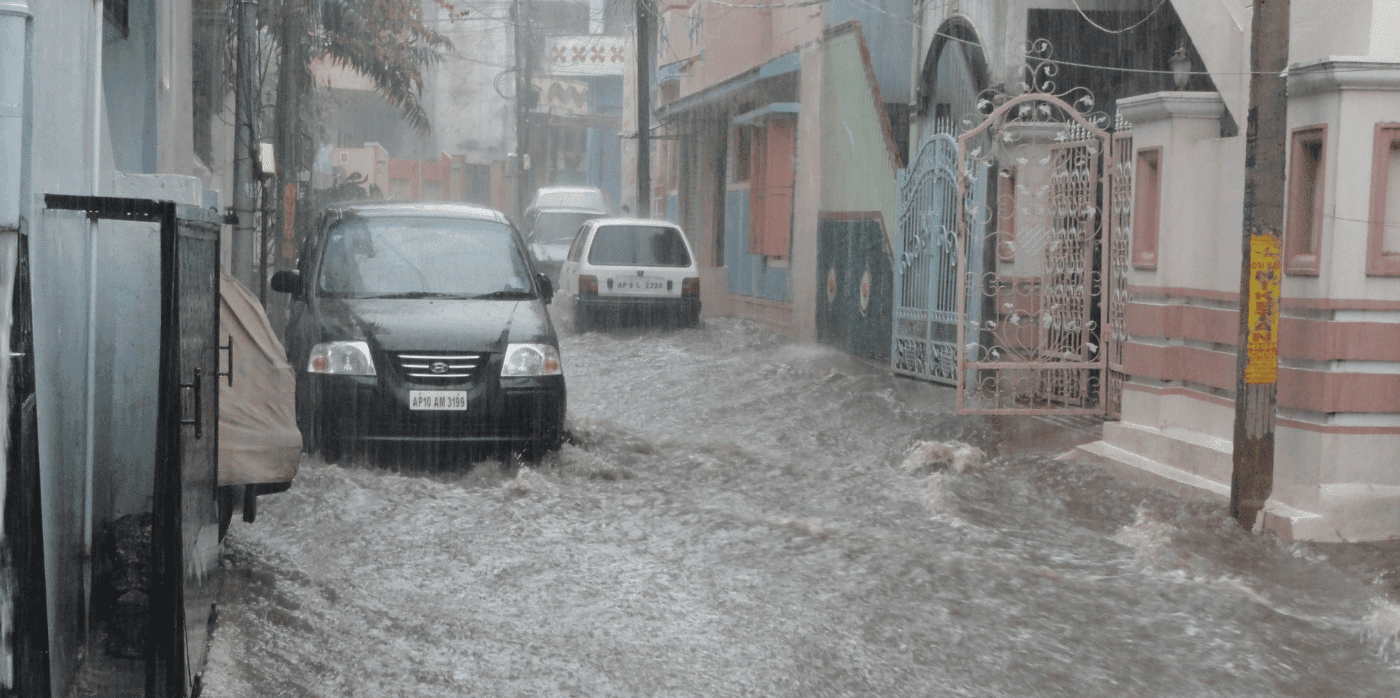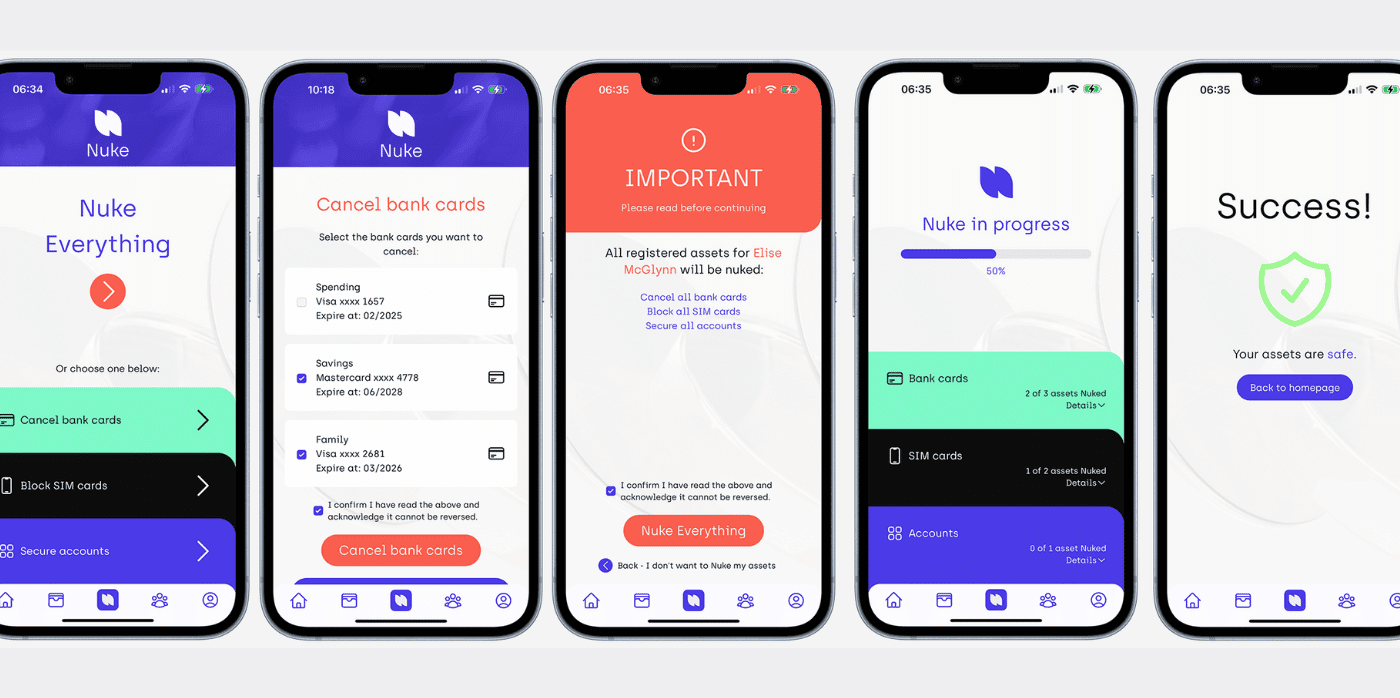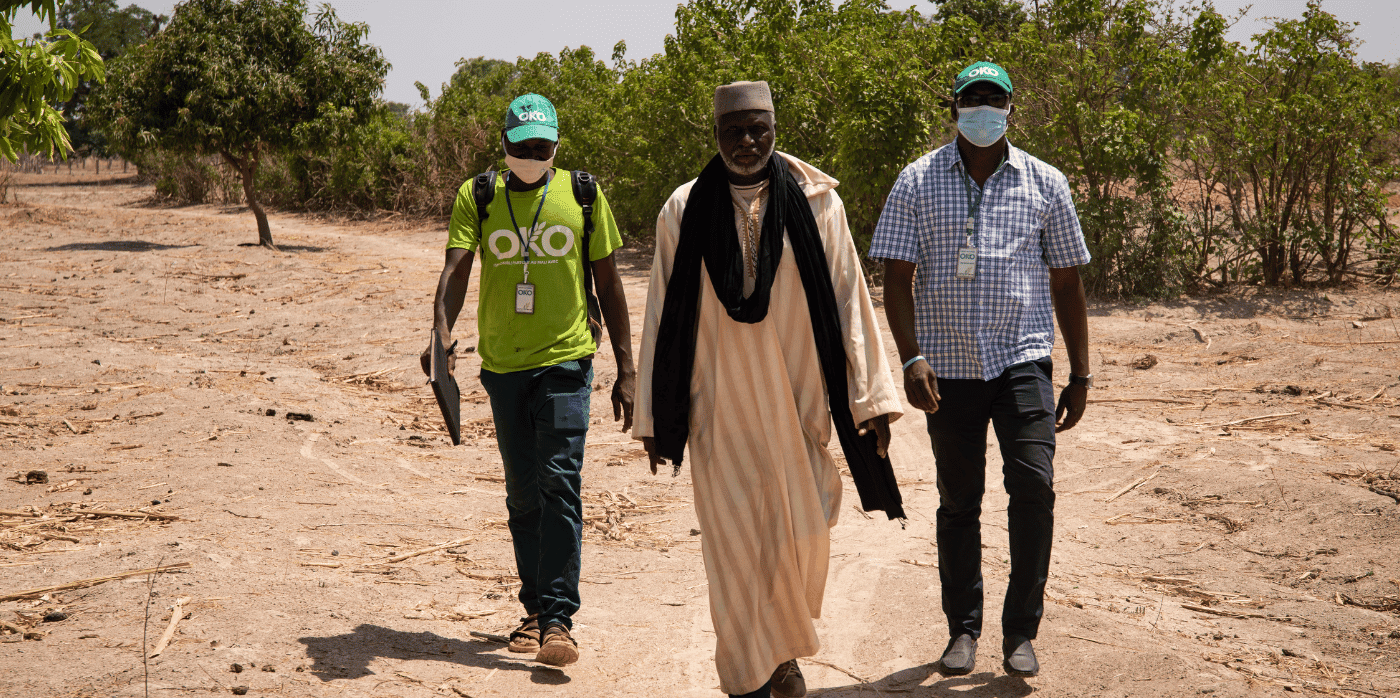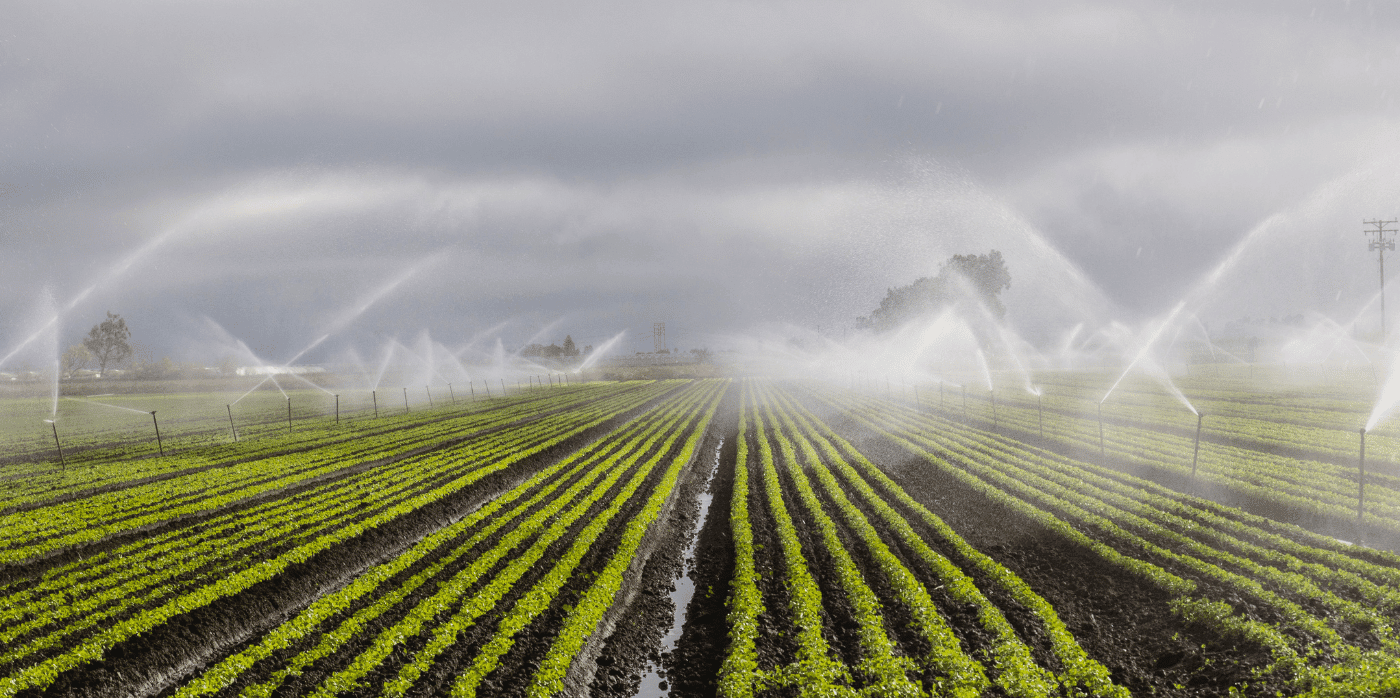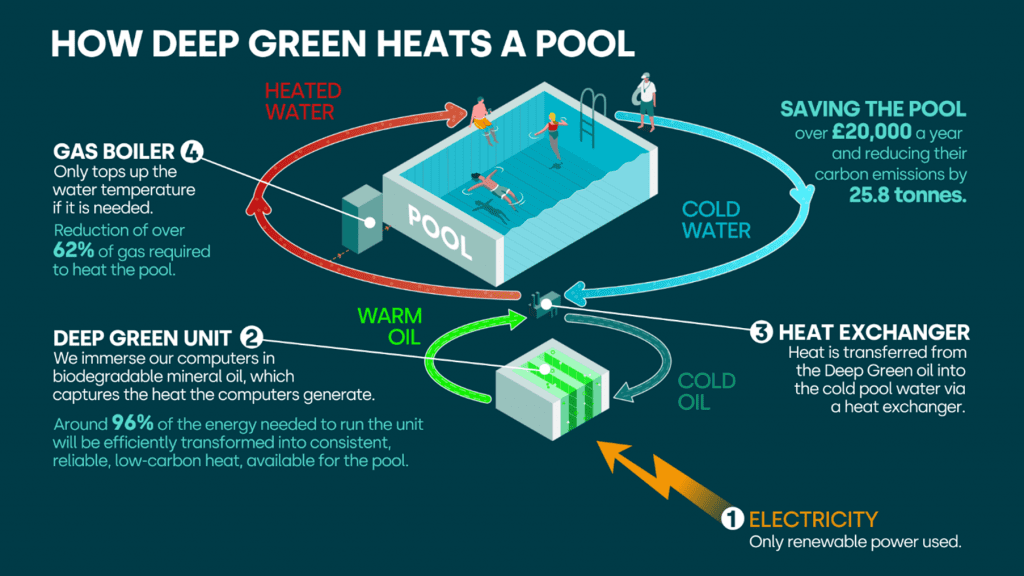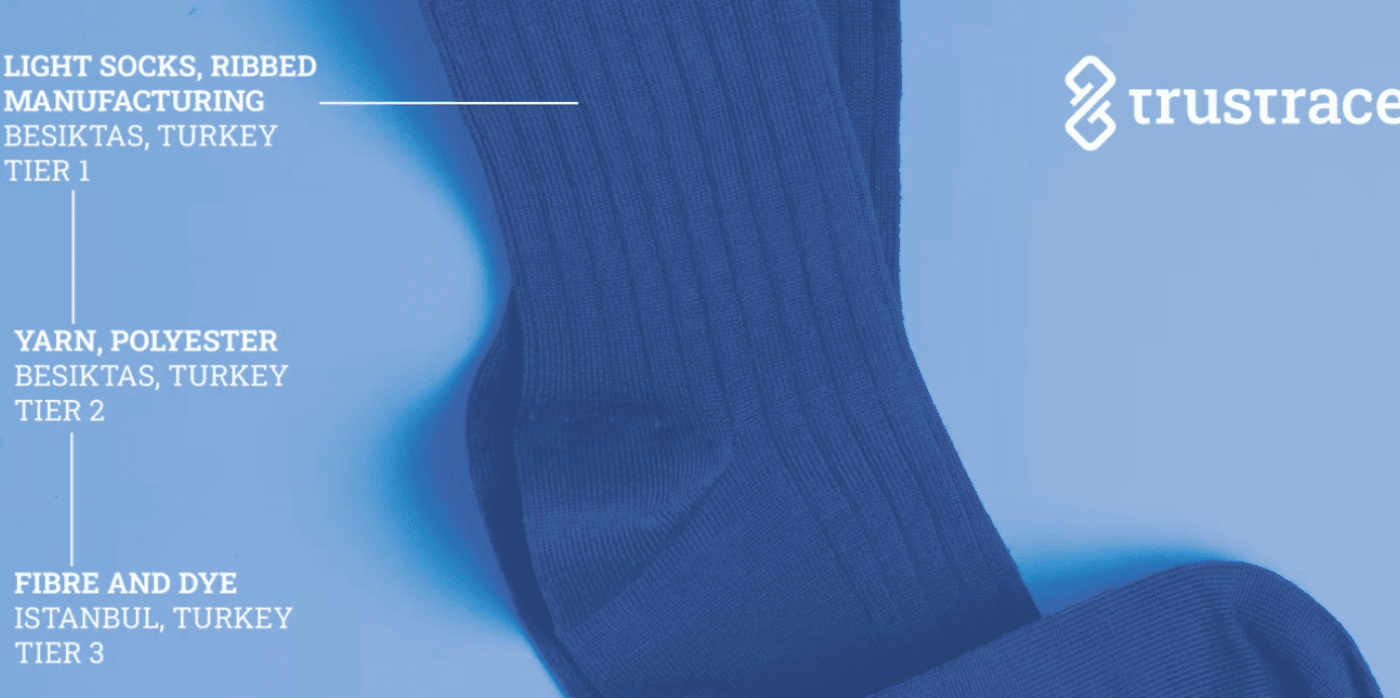Using community-sourced data for climate resilience

Spotted: The UNICEF Venture Fund collaborates with innovators to develop solutions for the challenges facing the world’s children. Last year, the Fund launched an open call for a new project focused on Climate Tech. More than 400 companies applied, and Equinoct became the sole Indian startup to win funding from the maiden Climate Tech Cohort Venture Fund Project.
Equinoct has developed a community-sourced flood forecast and early warning system. The project combines work with local organisations, including workshops on disaster risk reduction through building community resilience, with manual data gathering on rain, river levels, and more.
The data is combined with initiatives, such as the distribution of thousands of tidal flood mapping calendars to individual households and involving children in information gathering and dissemination. The goal is to use community-sourced information to monitor and mitigate climate change-induced disasters and prevent loss of life and property.
The UNICEF funding will be used to automate some existing initiatives, including groundwater monitoring stations and a flood monitoring system, through the application of technology such as AI and machine learning.
Climate resilience is at the forefront of a host of new innovations, including the use of AI and satellite data to identify risks to utilities and a platform that helps smallholders with predictive analysis of weather and access to markets.
Written By: Lisa Magloff

